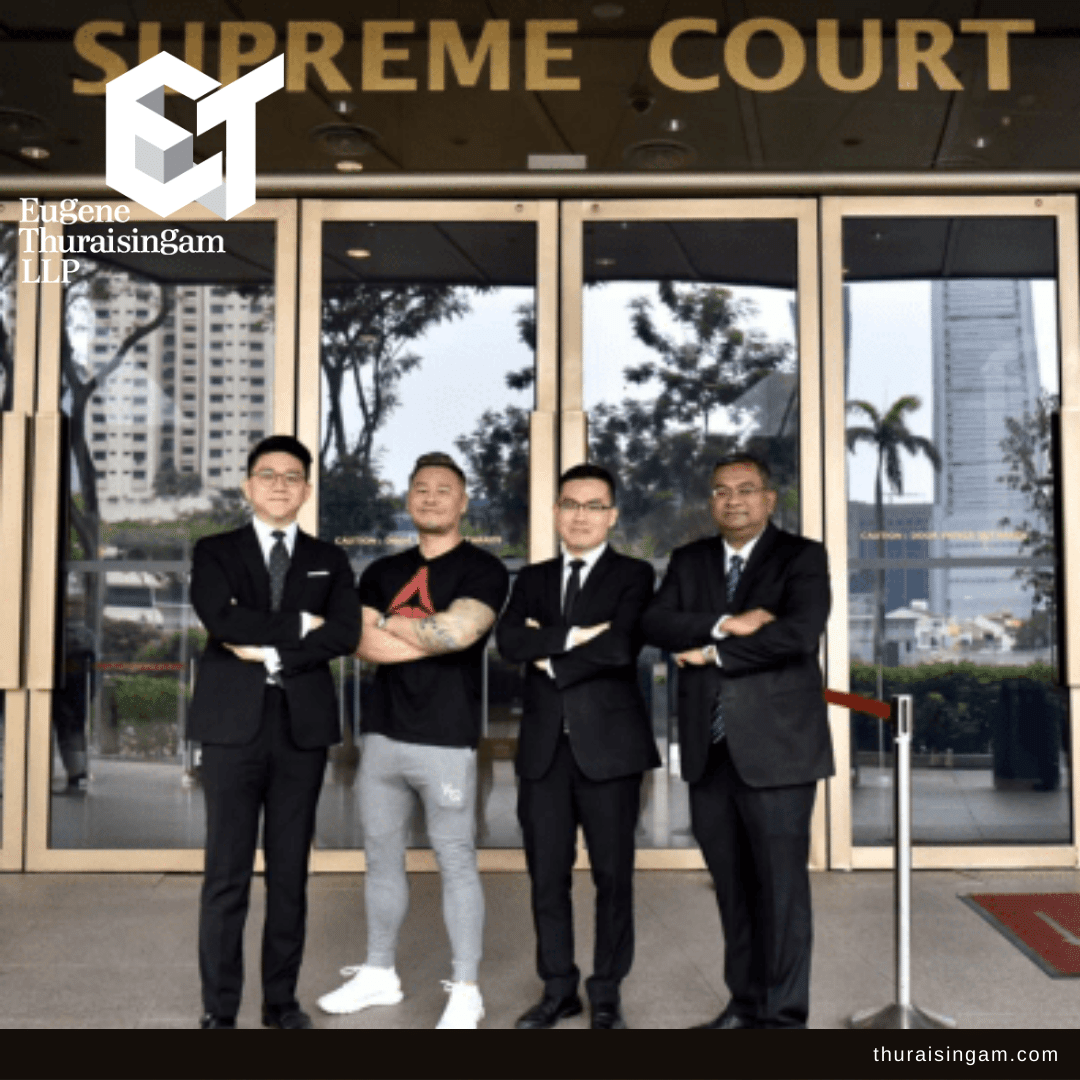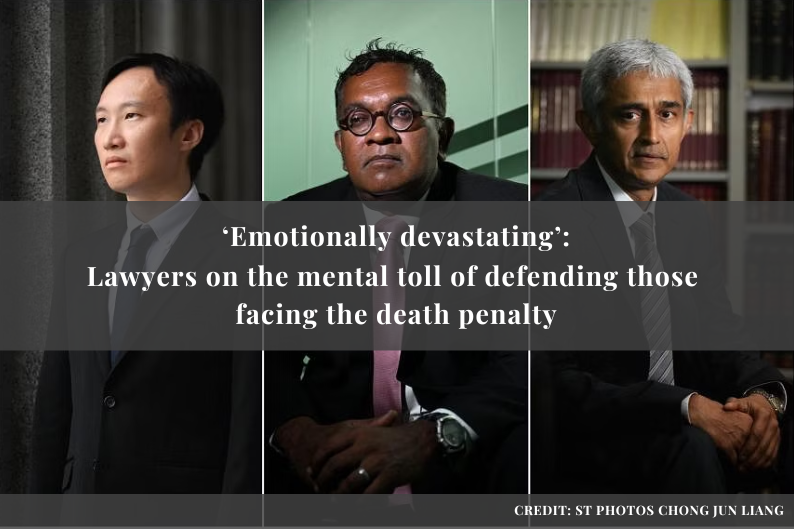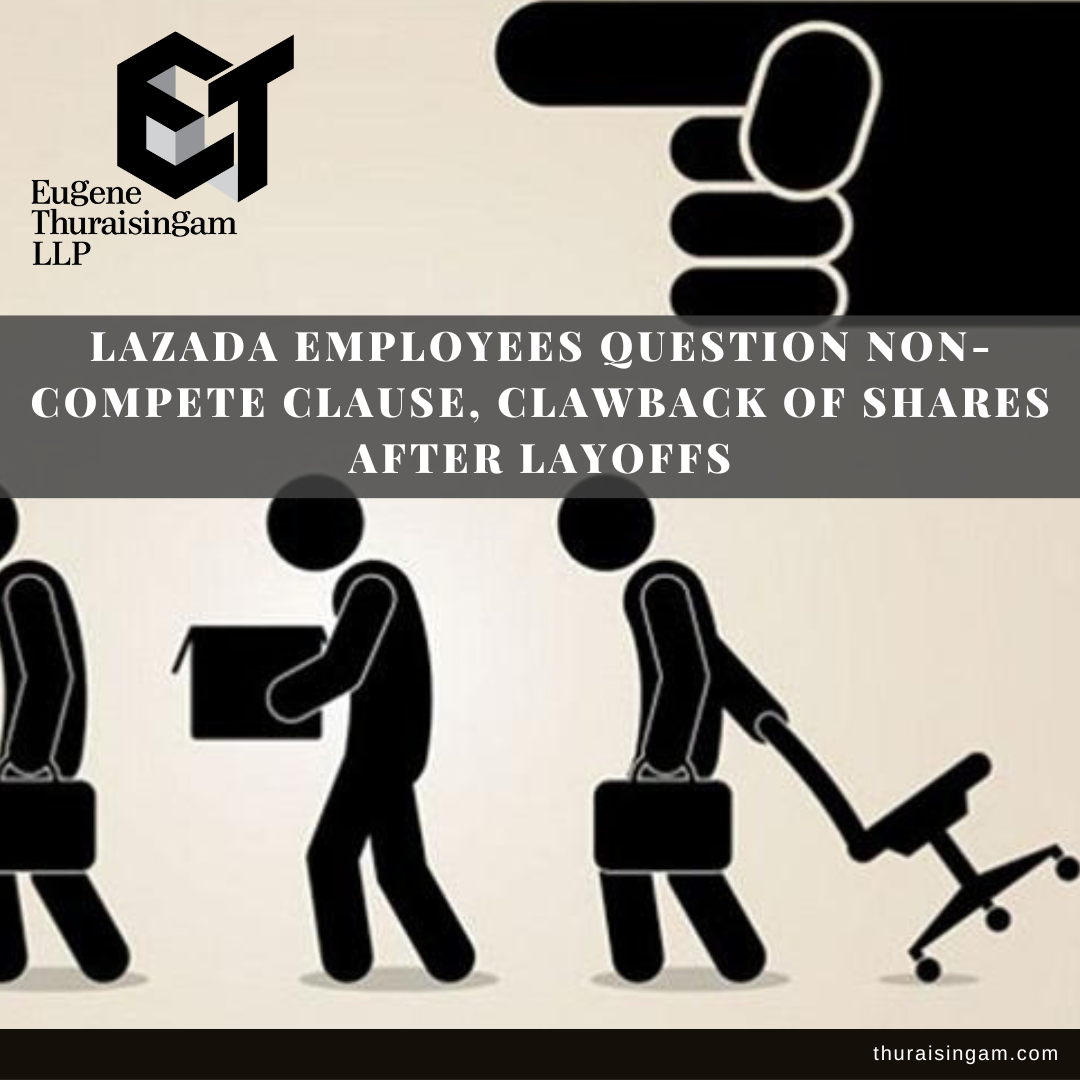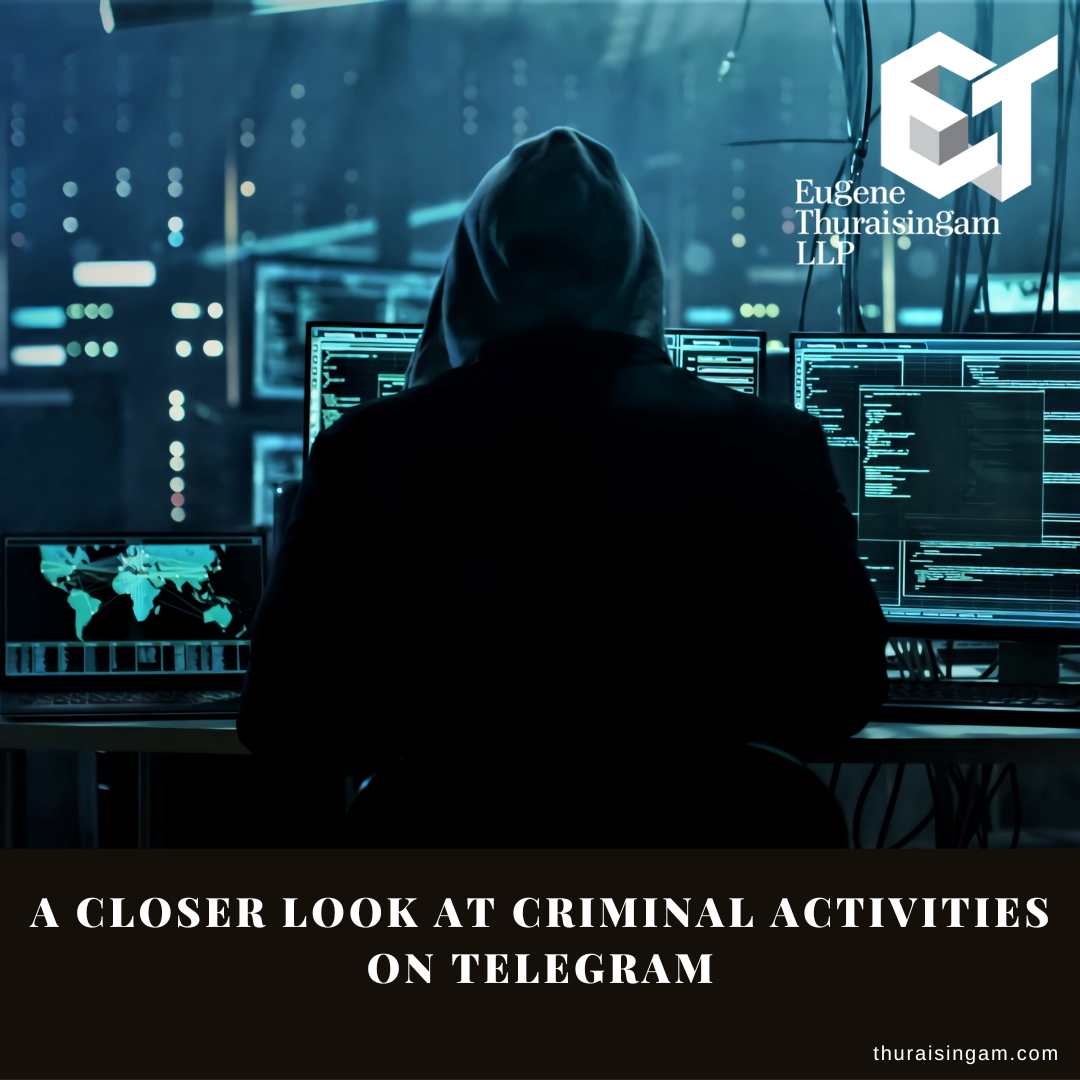Arguments for the repeal of Section 377A of the Penal Code
Singapore Section 377A repeal arguments made by Eugene Thuraisingam LLP’s legal team
1. Legal team
Our Eugene Thuraisingam, Suang Wijaya and Johannes Hadi, Mr Johnson Ong’s lawyers, made their arguments in court yesterday. Mr Ong is applying to review the constitutionality of Section 377A of the Penal Code.
2. Expert Evidence on the Nature of Sexual Orientation
In the arguments, the issue as to whether Section 377A of the Penal Code (which criminalises consensual private sexual conduct between men) violates Article 9(1) and/or Article 12(1) of the Constitution, was raised.
Section 377A of the Penal Code read
Outrages on decency
377A. Any male person who, in public or private, commits, or abets the commission of, or procures or attempts to procure the commission by any male person of, any act of gross indecency with another male person, shall be punished with imprisonment for a term which may extend to 2 years.
Article 9(1) of the Constitution read
Liberty of the person
9.—(1) No person shall be deprived of his life or personal liberty save in accordance with law.
Article 12(1) of the Constitution read
Equal protection
12.—(1) All persons are equal before the law and entitled to the equal protection of the law.
The legal team presented expert evidence from Dr Jacob Rajesh, a senior consultant psychiatrist at the Promises Clinic, British psychiatrist Dinesh Bhugra, a professor of mental health and diversity at the Institute of Psychiatry at King’s College London, and American public health and epidemiology professor Chris Beyrer of the John Hopkins Bloomberg School of Public Health.
3. Eugene Thuraisingam LLP comments in The Straits Times
In a statement issued by the legal team to the media:
It is absurd, irrational and discriminatory to criminalise a person on the basis of his natural, unchangeable identity and for non-harmful private acts…
For the first time, there is expert evidence before the courts on the nature of sexual orientation. In the previous cases, the court was only asked to take judicial notice of scientific facts which required a different legal test.

